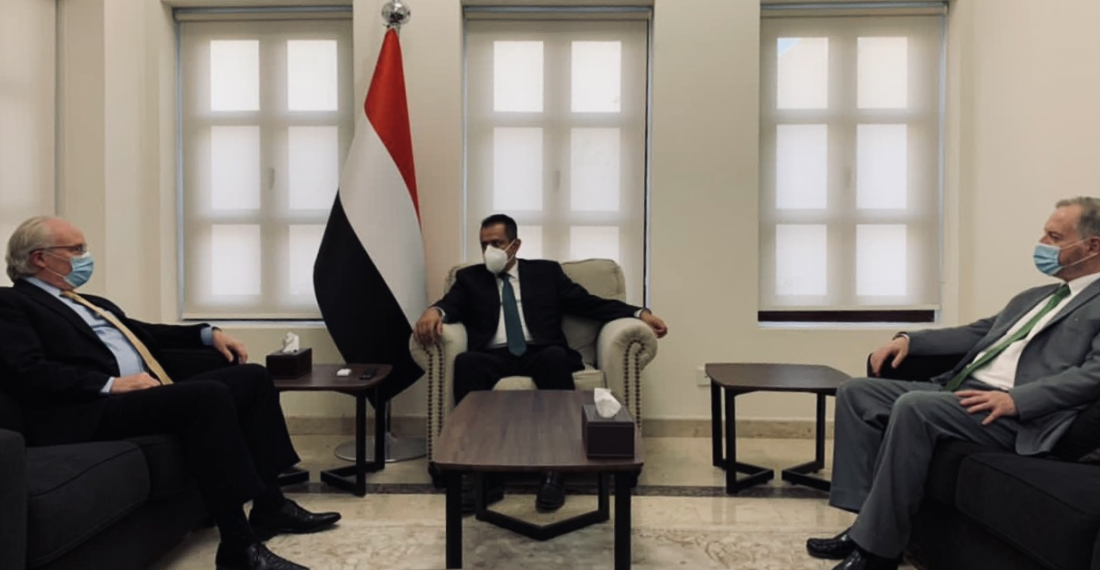- Armenia-Azerbaijan Strategic Expert Platform: Members emphasise the importance of the present moment for the South Caucasus and call for the momentum to be used for the long-term peace and prosperity of the region
- Thursday Interview: Dr. Anar Valiyev
- Food insecurity in Somalia has nearly doubled in the past year
- Türkiye evaluating potential measures in case of a US-Iran conflict
- European Parliament reaffirms support for Ukraine and EU Path
- EU moves ahead with Ukraine loan preparations despite Hungarian block

The Houthis have scaled up their attacks on Saudi locations since 23 March when Saudi Arabia announced a plan to end the war in Yemen. The Yemeni government, which accepted the plan, says that the Houthi escalation threatens to ruin hopes to end the war in Yemen.
Both sides are suffering from losses in the war with no clear winner on almost all fronts in Yemen. The Saudi-led coalitions also targeted several locations including the capital, Sanaa.
The Saudi initiative suggested a nationwide truce, easing restrictions on fuel imports to Houthi-controlled areas and opening Sanaa airport ahead of peace talks between warring factions.
Over the last days the US and UN Envoys continued their talks to end the war. During a meeting with the Envoys, the Yemeni president, Abdrabbuh Mansour Hadi, said that his government had offered concessions and was willing to comply with any initiative for ending the war in Yemen.
Hadi told UN envoy Martin Griffiths that the Houthi militia’s continued escalation in Marib and other provinces confirmed the Iran-backed group’s lack of intention to commit to peaceful options to end the war.
The Envoys also met with Saudi officials and are expected to meet with Houthi representatives in Muscat soon.








